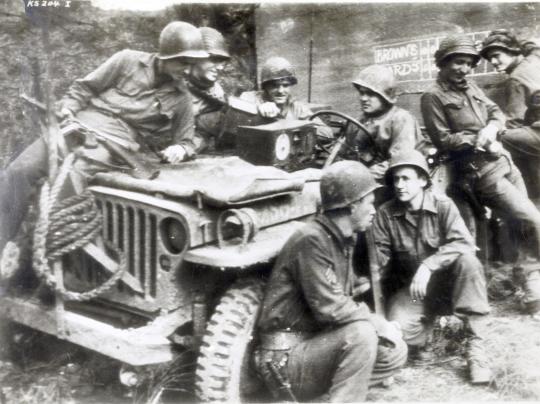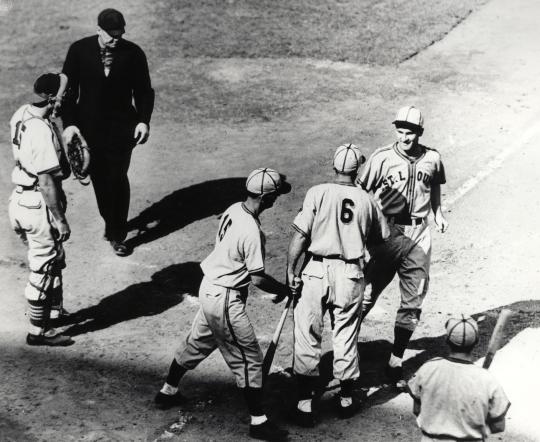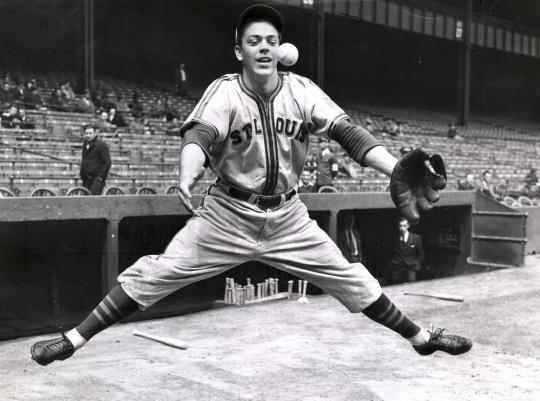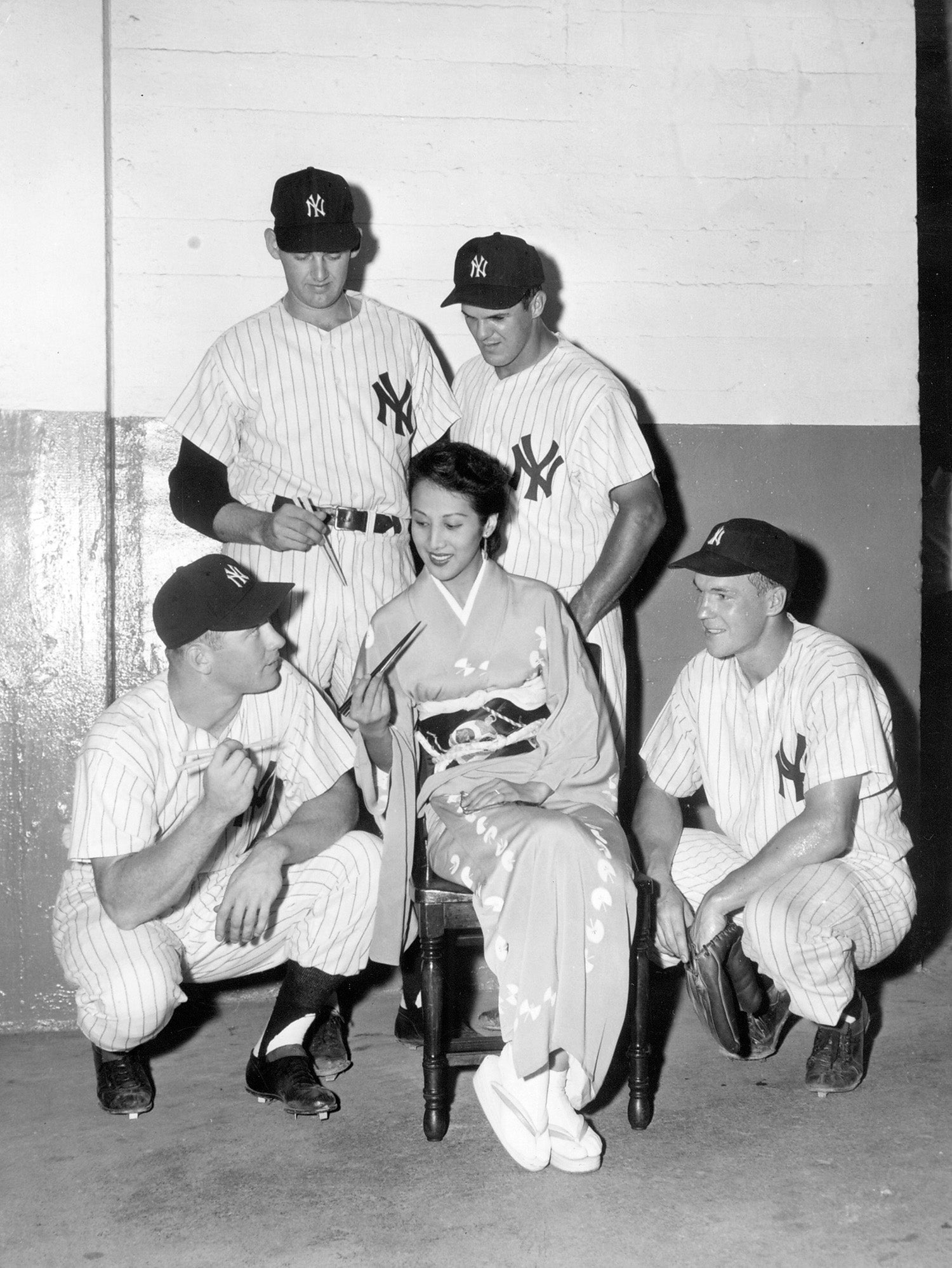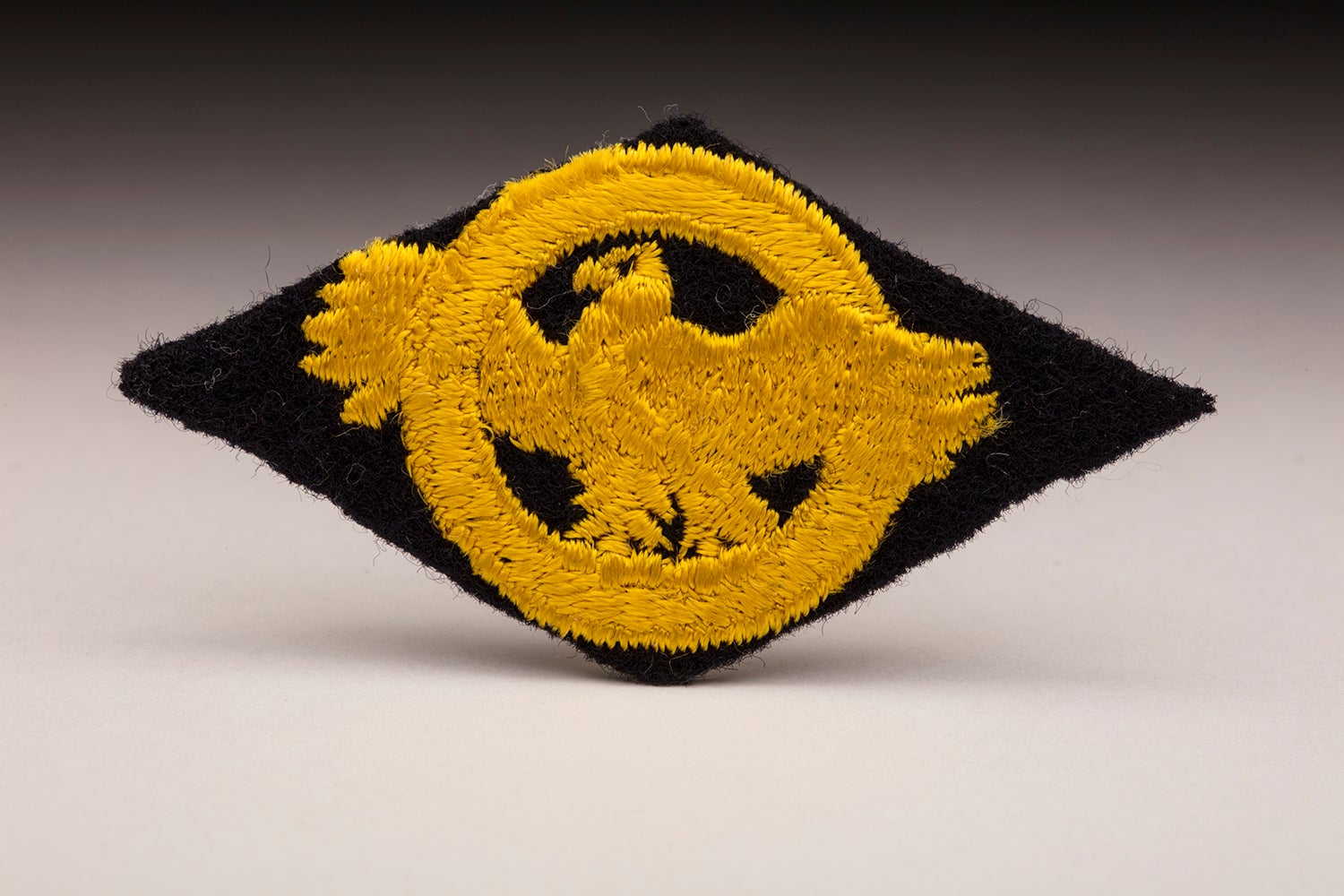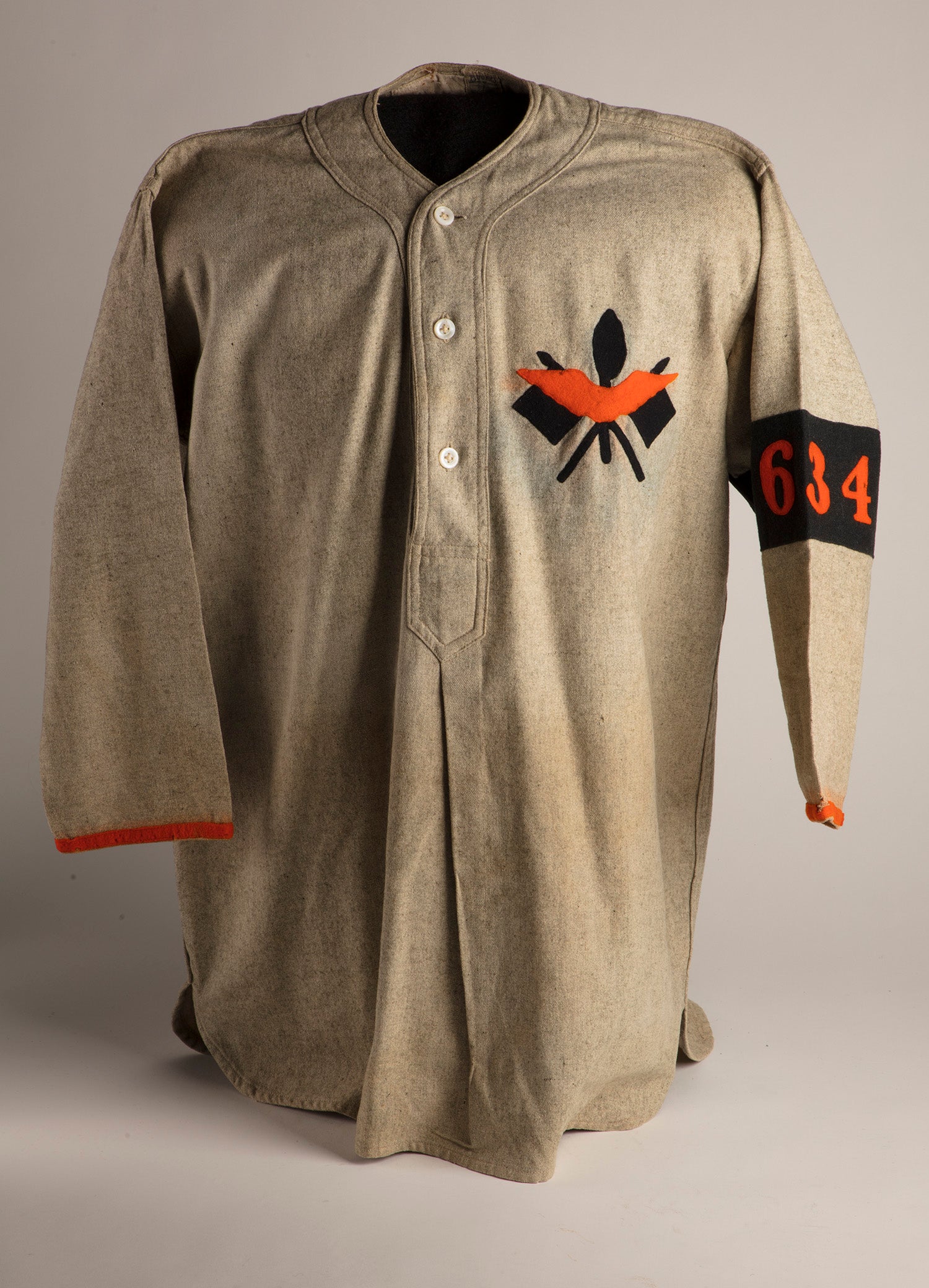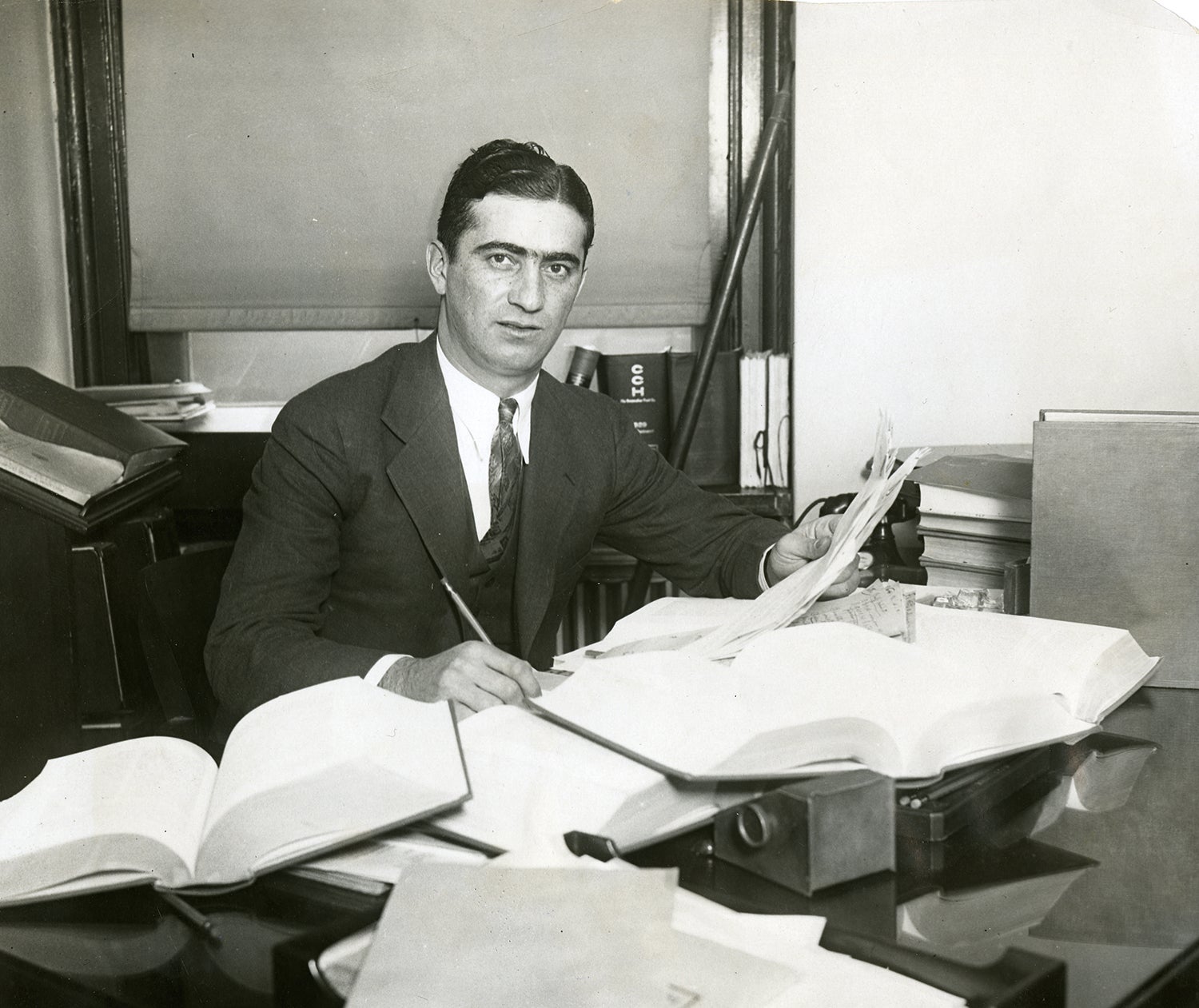#Shortstops: War and the World Series
While the Cardinals and Browns fought for St. Louis supremacy in the 1944 World Series, soldiers halfway around the world were happily able to keep up with the ballfield action while in a life-or-death battle of their own.
With the United States celebrating Memorial Day – a time to remember and honor those in the military who have died in service to our country – a recent donation to the National Baseball Hall of Fame and Museum details the grip hold our National Pastime still held on the soldiers fighting in the deadliest conflict in our country’s history.
But despite the mortal conflict happening around them, military officials made supplying the American troops access to the World Series a priority.
“Play-by-play descriptions of the World Series games will be broadcast to troops in all overseas theatres by the Armed Forces Radio Services, it was announced today by the War Department,” The New York Times reported on Oct. 1, 1944. “Soldiers of certain theatres of operations, including England and the European theatre, Italy, Alaska, the Aleutian Islands, South and Central America, the Caribbean and the Southwest Pacific, will hear the games directly from the ballpark by means of five powerful shortwave transmitters.
“For other theatres, where a time differential prevents ‘live’ broadcasting, transcribed rebroadcasts will be beamed to the troops. Summary transcriptions also will be broadcast to Iceland and Central Africa, where atmospheric conditions prohibit long transmission, and to the China-Burma-India and Persian Gulf theatres through the British Broadcasting Company.”
In a syndicated newspaper column “Gracie Allen Talking …” by comedienne Gracie Allen, famous as the wife and comedy partner of George Burns, she humorously referenced this unique arrangement.
“It’s wonderful how the World Series baseball games are being broadcast to our fighting men everywhere – on South Sea islands, in Alaska, on ships at sea. Even in tanks and planes they’re listening – and loving it.
“And the Germans no doubt are listening, too, but I’ll bet they’re plenty confused. I can imagine a scene something like this:
“German Spy: ‘Herr general, our Fifth Column has captured half of Amerika. The Amerikan radio announcer admits that the Yanks of New York were defeated, Detroit was blasted, and now a great battle rages in St. Louis. And, Herr General, they did it all with baseball bats!’
“German General: ‘We’ve been using the wrong weapons. Tell our soldiers to throw away their guns. From now on it’s bats to fight to fight with Amerikans.’
“German Spy: ‘Yah, that’s what I say – it’s crazy.’”
Baseball proved to offer a respite, no matter the length, for the war-weary overseas American troops eager for a brief alternative to the harsh reality they were facing.
“Everywhere behind the lines in Italy and France these two days past, they say, soldiers have been clustered around the radios listening with a curious tension, but sometimes growling or cheering,” it read in a Washington Post editorial from Oct. 6, 1944. “The bewildered natives observing them from a distance and those ignorant of English may have thought it was the announcement of a grandiose assault that was putting an end to the war.
“But, of course, we know that what they were listening to was the World Series, and many of them no doubt were listening with a more rapt attention than they had ever given to it in their years at home. Doubtless it was the same in the Near East, in the Pacific Islands, in Australia and India and on the ships, wherever conditions permit. For these men the World Series is something more than a succession of ballgames; it is an assurance that home is not a dream but a reality, and that a normal world really exists in which ballgames rather than battles represent something close to the ultimate in dramatic excitement.”
Bill Francis is the senior research and writing specialist at the National Baseball Hall of Fame and Museum

